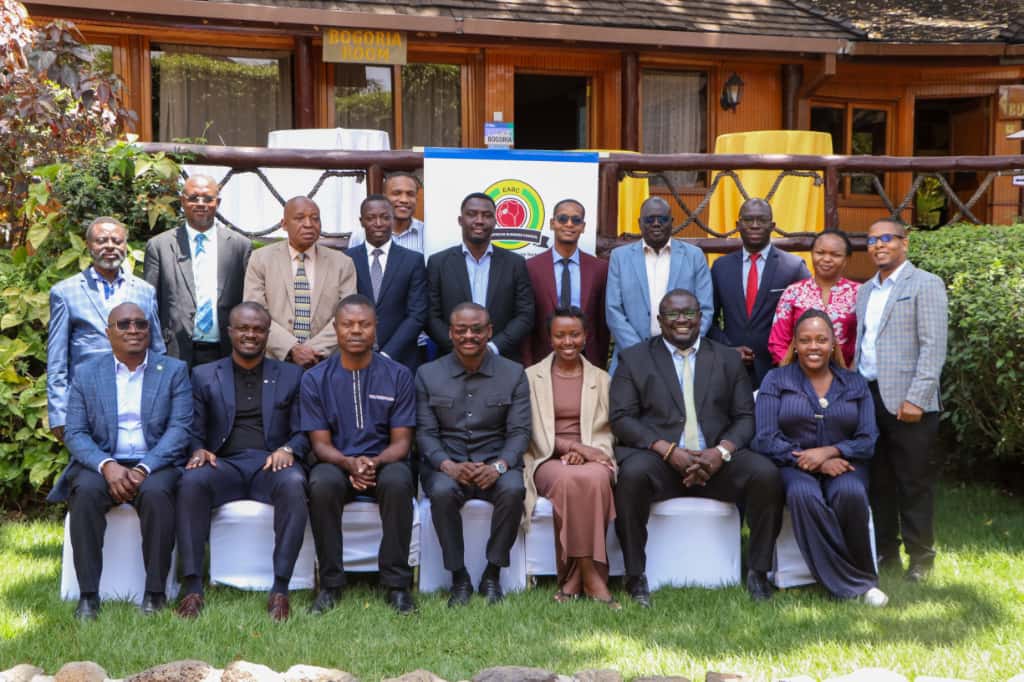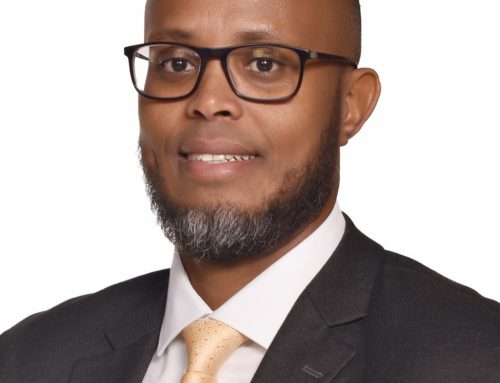The East African Business Council (EABC), in collaboration with the East African Community (EAC) Secretariat and with support from the GIZ, convened the EAC–EABC Technical Working Group (TWG) Regional Meeting from 15th–16th October 2025 in Nairobi, Kenya.
The two-day regional meeting brought together representatives from the EAC Secretariat, EABC, GIZ, and national private sector and manufacturers’ associations from Burundi, the Democratic Republic of the Congo, Kenya, South Sudan Tanzania, and Uganda. The meeting reviewed progress on private sector policy advocacy, consolidate national priorities, and co-created the Matrix of Joint Regional Policy Priorities and the EABC Policy Advocacy Agenda 2025/26.
Key regional policy priorities discussed included:
-
Elimination of Non-Tariff Barriers (NTBs);
-
Harmonization of taxes, standards, and investment laws;
-
Liberalization of trade in services and air transport;
-
Promotion of regional value chains and industrialization;
-
Sustainable trade, digital transformation, and ESG compliance.
In his opening remarks, Mr. Emmanuel Otieno, representing the Kenya Private Sector Alliance (KEPSA), emphasized the untapped potential of the EAC market, valued at USD 270 billion with over 300 million consumers, yet intra-EAC trade remains at just 10% of total trade “We must remove barriers that constrain our own regional market. The Technical Working Group provides a powerful platform to translate regional policies into tangible business outcomes,” said Mr. Otieno.
Mr. Lamech Wesonga, Economic and Policy Advisor on AfCFTA at GIZ–EAC, reiterated GIZ’s continued commitment to supporting structured public–private dialogue: “Strengthening evidence-based advocacy through research and engagement is key to driving reforms that unlock trade and investment opportunities across the EAC,” he noted.
Speaking during the meeting, Mr. Adrian Raphael Njau, Acting Executive Director of the EABC, commended the TWG’s active role in driving the regional reform agenda. “The Technical Working Group has become a central pillar for policy coordination between the EAC Secretariat and the private sector. Our collective goal is to enhance competitiveness and raise intra-EAC trade to 40% by 2030,” said Mr. Njau.
Representing the EAC Secretariat, Mr. Charles Omusana, Principal Economist – Investment and Private Sector Promotion, reaffirmed the EAC’s commitment to a people-centered and market-driven integration process: “The private sector is the engine of regional integration. The EAC highly values the Technical Working Group as a structured platform to address private sector issues and advance sustainable growth,” stated Mr. Omusana.
The meeting concluded with a renewed call for closer collaboration, stronger coordination, and regular policy dialogue to accelerate implementation of the agreed regional policy priorities.


